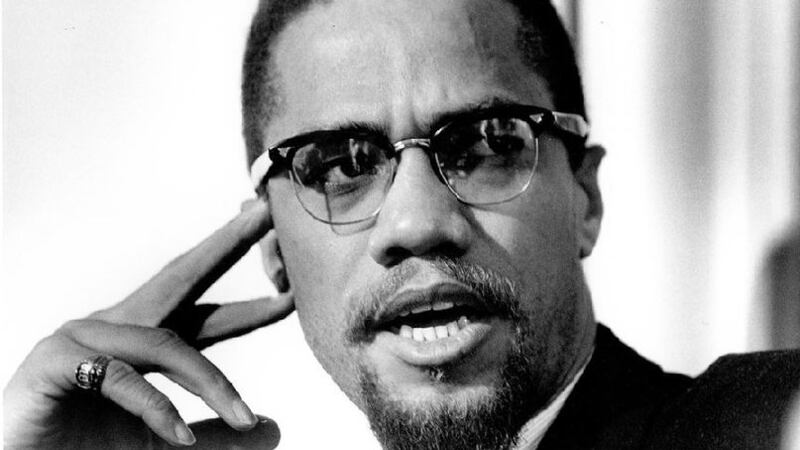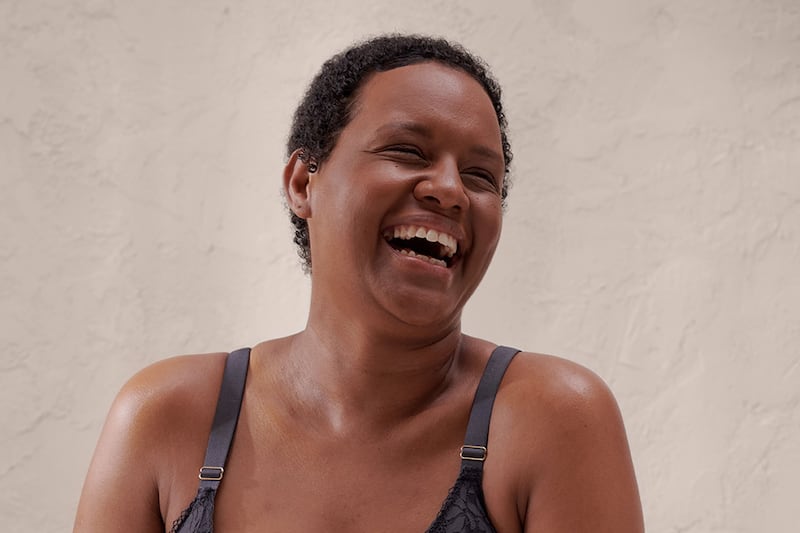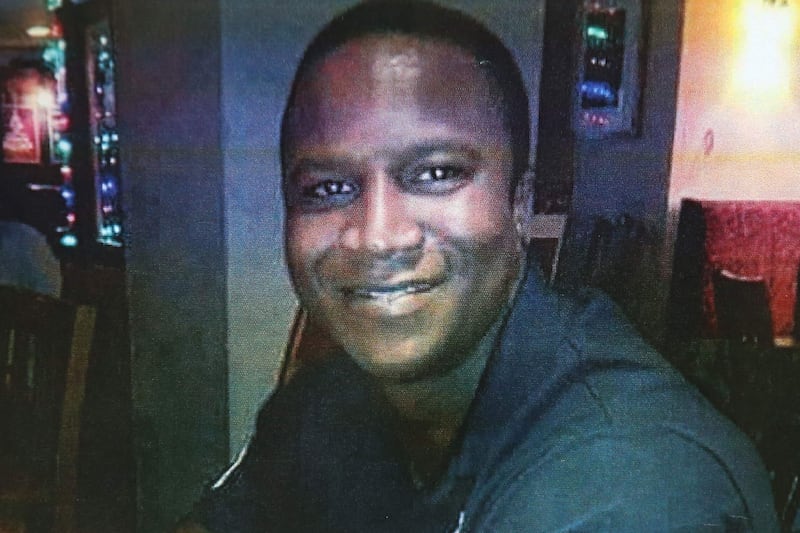EVERYTHING changes, nothing changes. So they say. Lansing, Michigan was the home of the Little family. In 1931, Baptist preacher, Earl Little left his home to cool down after an argument with his wife.
The family’s first house in Lansing had been burnt to the ground by a white supremacist hate group, The Black Legion – the area’s version of the Ku Klux Klan. But The Black Legion wasn’t done with Earl. They seized him that night in 1931. After beating him unconscious, his body was brought into town where it was put in front of a streetcar. His body was almost cut in half. He lived in that condition for two-and-a-half hours.
Before Earl Little was murdered, three of his brothers had already been killed by white men, one by lynching. After Earl’s death, another brother, Oscar, was murdered by the police. Earl Little was survived by his wife Louise. who had eight children. Louise was later sent to a mental institution, where she remained for 26 years. Her youngest children were sent to foster homes. The fourth child, Malcolm, got involved in trouble and was moved to a detention home. Later, Malcolm moved to Boston, then New York, where he became a hustler, a drug addict and a burglar. He served six years in prison, converted to Islam and became Malcolm X.
The Autobiography of Malcolm X is a deeply moving book. Had he not been assassinated at just 39 years of age, it’s easy to believe Malcolm X could have become the great black leader America has never had. Self-educated in prison, where he often read for 15 hours a day, Malcolm X had a razor-sharp intellect, charisma to burn and an unceasing work ethic. Most importantly of all – he had a clear vision of how he could improve the lives of his fellow African-Americans. Remember, this was the man who helped to radicalise the young Cassius Clay. Malcolm X first met ‘The Greatest’ in 1962 and the pair hit it off immediately. Malcolm X, his wife and their three children were invited by Ali to his training camp in Miami ahead of the first fight against Sonny Liston. After Ali shocked the world, Malcolm X recalled the quietest after-party in the history of heavyweight boxing. “The boyish king of the ring came over to my motel. He ate ice-cream, drank milk, talked with football star Jimmy Brown and other friends and some reporters. Sleepy, Cassius took a quick nap on my bed, then he went back home.”
The following day Cassius Clay announced to the world that he had converted to Islam and was now Muhammad Ali. What set Malcolm X apart is that he understood the untapped power of Black America’s vote – and as he matured politically, he developed ideas how to capture it. He notes: “In 1880, New York City’s first Irish Catholic Mayor was elected and by 1960 America had its first Irish Catholic President. America’s black man, voting as a bloc, could wield an even more powerful force.”
Malcolm X described black Democrats and black Republicans as “foolishness” because a black voting bloc “could be the deciding balance of power in American politics”. Malcolm X despised the ‘Uncle Toms’ who he accused of joining the establishment and advancing the white man’s argument. Imagine what he would say about the group of Republican African-Americans who are currently trying to drum up election support for President Trump, who has time and again been accused of racist behaviour.
Last week in the House of Commons, home secretary Priti Patel was asked if she understood the “structural inequality, discrimination and racism” in Britain. In her response, Patel related her own experience of being called a ‘Paki’ in the playground. Obviously, what Patel endured was wrong. But, by joining the Conservative Party, how can Priti Patel hope to improve the lives of ethnic minorities? She has joined the Conservative Party, the party of privilege and class, the party led by Boris Johnson who has referred to Black Africans as “piccaninnies” with “water melon smiles”.
Malcolm X considered politicians like Priti Patel to be less than impressive – and he was right. Bemoaning the plight of his people, Malcolm X wrote: “They have given America four hundred years of toil; they have bled and died in every battle since the revolution; they were in America before the Pilgrims, and long before mass immigration – and they are still today at the bottom of everything!”
When Muhammad Ali refused to go to Vietnam and fight for a democracy which his fellow African Americans were being denied, he was convicted of draft evasion, sentenced to five years in prison and fined $10,000. He was also stripped of his heavyweight crown. From the age of 25 to 28, when he was in the prime of his life, Muhammad Ali was banned from boxing. Ali relinquished everything for his beliefs.
Then there is Michael Jordan, who refused to endorse a black Democrat who was running against a known Republican bigot because “Republicans buy sneakers too”. While Colin Kaepernick had less wealth, fame and job security, he had much more political conviction than Michael Jordan. In 2016, the quarter-back for the San Francisco 49ers repeatedly knelt during the national anthem to protest against racial injustice and police brutality. Donald Trump called on NFL owners to fire players who protested during the national anthem. The following season Kaepernick became a free agent. He remains unsigned. Everything changes – and without brave men and women – nothing changes.






